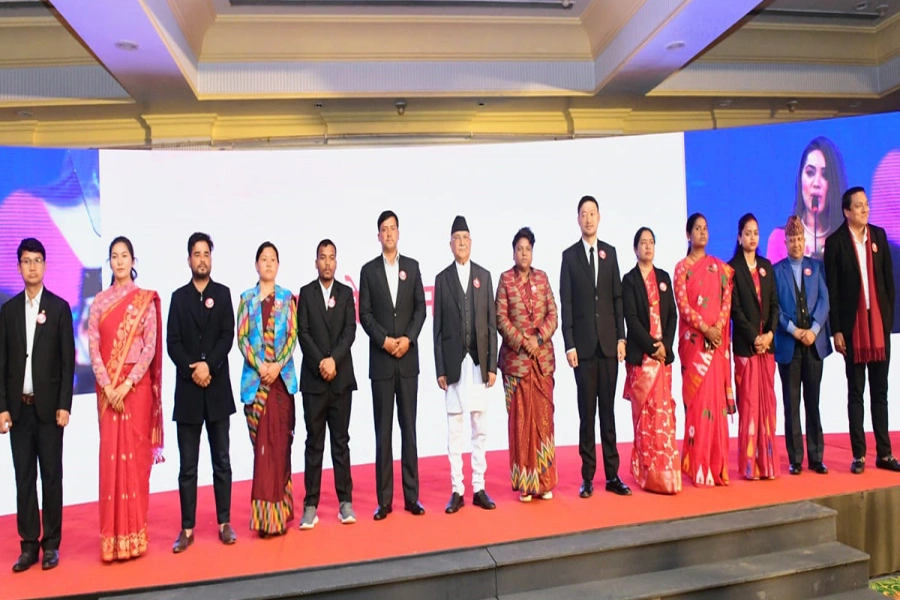KATHMANDU, Oct 24: Naïve Wendy had little idea that the inequities in education she saw while at Princeton would take her beyond borders to transform lives through education. That was until she founded Teach for America in 1990.
As a sophomore student at Princeton University, Wendy, then 21, knew two things: Firstly, she would be working 24/7 after graduating. Secondly, there were many people who didn't want to work in the job prospects that were available to liberal arts students like Wendy: Investment banks and management consulting firms.
Job opportunities that came to her in 1989 didn't excite her.
"I didn't want to work in banks and consulting firms. I was becoming more focused towards education and the inequities it possessed." As she retrospects her journey as a social entrepreneur, she opines that until she came to Princeton, she was "living in a bubble" in a remote world uninformed to reality. It was then she wanted to do something about it.
Desperate search for missing girls as nearly 80 dead in Texas f...

At Princeton, she saw the disparities in education, more so because her parents had made every effort to give the best possible education for their daughter. Kopp went to a public school and grew up in a very privileged community even when her parents weren’t from a “privileged background” themselves. It was then she realized that the world she was living in wasn't equal and everyone were "differently prepared" for the life that would eventually unfold.
"I've been very lucky and privileged because often times, where children are born predicts where they end up. One way to do it right is education."
The value of education and the inequities attached to it sprout an idea in Wendy's mind: What if promising future leaders taught for two years in urban and rural areas instead of working on Wall Street immediately after college?
The thought got her so obsessed that in 1989, she put it into an almost 200 page thesis that eventually turned into a 30 page proposal to found Teach for America. The proposal was admired for its novelty but corporate executives cast suspicions on implementation. Her thesis professor was startled at the budget proposal that was required to fund a year of her project: a staggering USD 2.5 million she had drafted on the back of an envelope. Her thesis professor was obsessed with the numbers and had called it "close to impossible".
"Education is the key to revitalize our civilization. If we understand that it is the key to our future, we'd prioritize it differently."
But Wendy's naivety and confidence found its way out and she secured her first seed fund of USD 25,000 from Mobile. "Then, I knew it could be done." By the end of that summer, Wendy was connected to more executives and funds grew steadily. With the funds secured, she reached to 100 campuses across the country and encouraged students to apply and teach in rural and urban areas. A year later, out of 2,500 applicants, 500 were selected for Teach for America's first eight week training program.
However, as much as she was glad that it worked out, the thought of its sustainability was a concern because "funding something before it is institutionalized is always difficult."
Seventeen years later, in 2007, she founded Teach for All, a global network of independent nonprofit organizations that apply the same model as Teach for America in 47 countries including Nepal. Teach for All partners have placed over 65,000 teachers and impacted more than 6,000,000 children.
At 51, Wendy continues to passionately champion education across the world. As much as she feels lucky, she continues to see education as the key to transformation and is "very happy that it worked out."
As she looks back, she has one advice to the many youths and governments across the world: "Education is the key to revitalize our civilization. If we understand that it is the key to our future, we'd prioritize it differently."






































